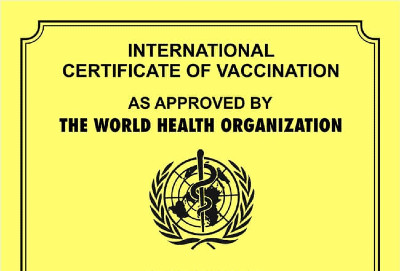As the coronavirus disease 2019 (COVID-19) crisis enters its next phase, attention turns to the widespread testing programs needed to resume and maintain normal life activities. Effective prevention and surveillance require testing for active infection with severe acute respiratory syndrome coronavirus 2 (SARS-CoV-2) and for antibodies that indicate prior infection and potential immunity. There is an established approach for infected individuals: mild cases self-isolate; and severe cases receive treatment.
But what is the appropriate response for people with positive antibody tests?
Some European countries are considering serological tests to issue immunity certifications (passports) that give holders certain time-limited work and social freedoms, joining larger gatherings or returning to nonessential jobs, and the US government is considering similar proposals. Certifications commonly form part of infection control strategies in other settings; eg, states prescribe vaccine requirements for childcare and health care workers. Public health screening programs require schoolteachers prove they do not have tuberculosis. Many countries require visitors to show a yellow fever vaccination certificate.





